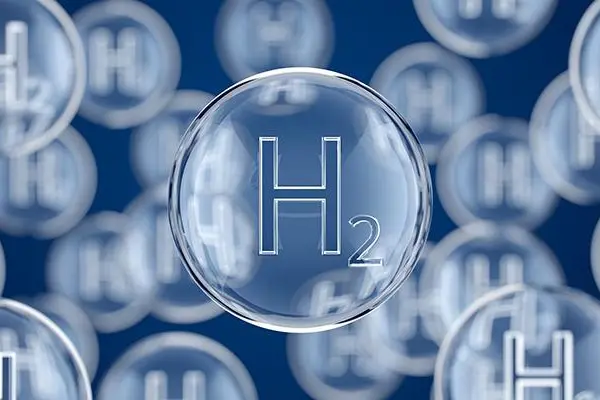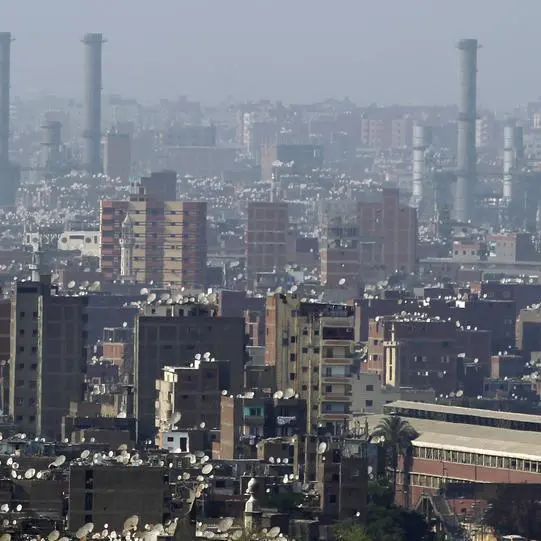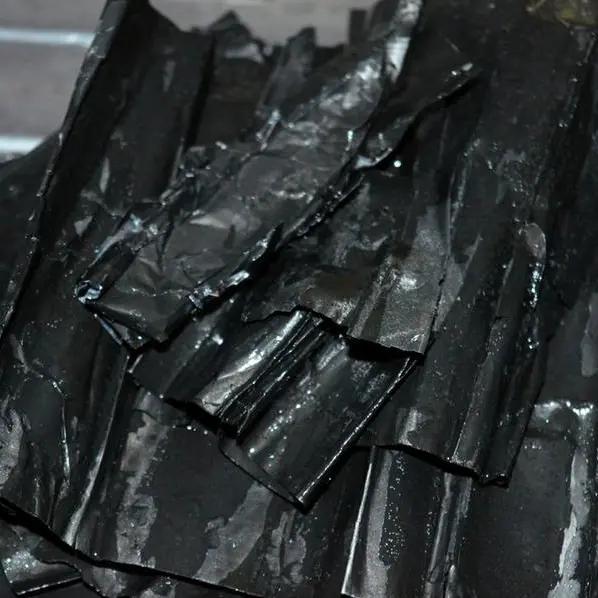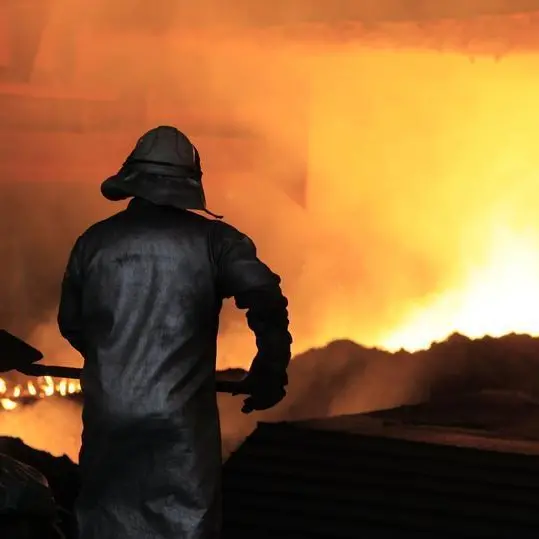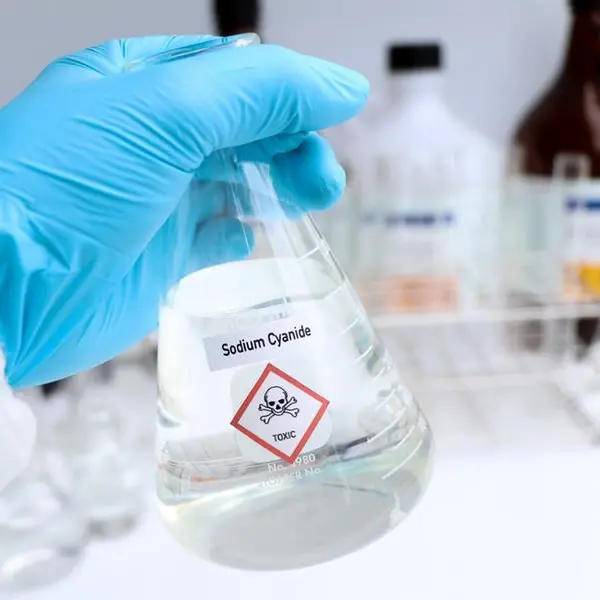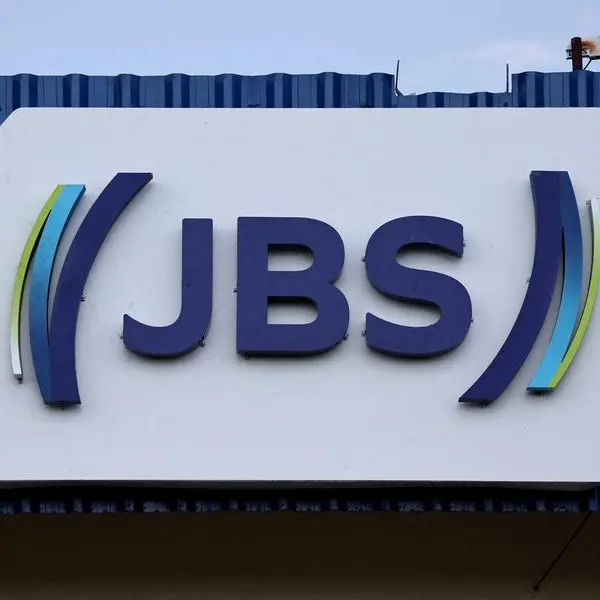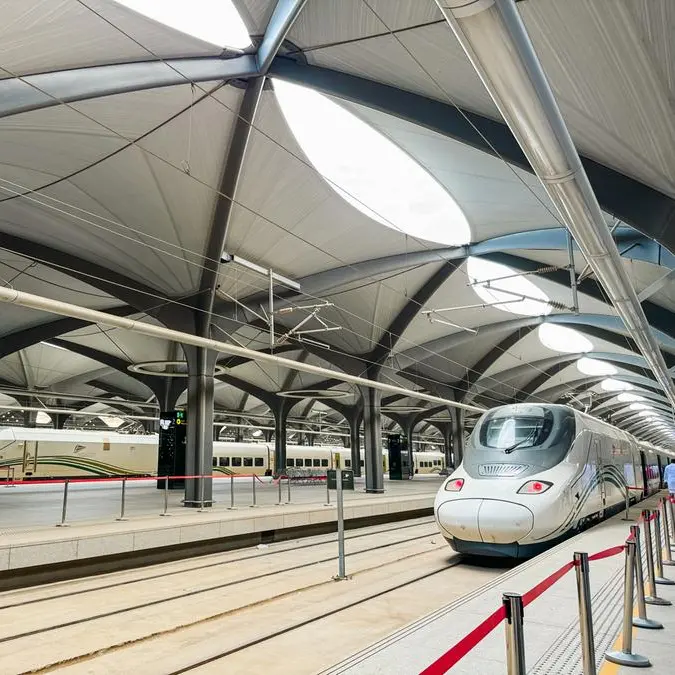PHOTO
Europe’s decision to reduce dependence on Russian natural gas supplies in response to Russia’s invasion of Ukraine could open huge opportunities for Middle East’s hydrogen industry, the Secretary General of Hydrogen Europe said.
“To meet the European Union’s (EU) requirement of 20 million tonnes of hydrogen by 2030, electrolyser capacity will have to increase 100-fold in the next eight years to about 320-400 gigawatts and much of it will be installed in the MENA region,” said Jorgo Chatzimarkakis while speaking at a virtual event organised by International Renewable Energy Agency (IRENA) on Tuesday.
He said the EU would need 40 million tonnes of hydrogen by 2030 if it were to replace Russian gas totally but has settled to import 50 percent and source the remaining half locally.
“The challenge is huge. We need to agree upon concrete projects and create a framework whereby these projects have a clear common denominator,” he said.
Frank Wouters, Chairman, MENA Hydrogen Alliance, said: “Twenty million tonnes is four times more than what we saw a month ago. If we are really serious about decarbonisation and start thinking of an energy system from a point of cost effectiveness, decarbonisation, ease of transport, cost of transport, cost of storage of energy, then I think there will be lot more hydrogen in the future than we're thinking.”
Given the availability of land, as well as physical infrastructure and intellectual capital in the Gulf Cooperation Council region, he said the region should grab the opportunity to become one of the major suppliers initially to Europe and then beyond.
Mediterranean partnership
Chatzimarkakis said some EU member states have started engaging bilaterally with individual countries, adding that the EU will adopt Germany's H2Global funding instrument to facilitate the hydrogen economy.
"It pays for the difference so the client can make investment decisions and the production can start,” he said.
H2Global is a funding instrument operated by H2Global Foundation, which was established by 16 German companies in June 2021. The Foundation is tasked with buying green hydrogen or hydrogen derivatives abroad through long-term contracts and re-selling these products in Germany via annual auctions. The difference between the purchase price of the hydrogen derivatives and the sales prices at home will be bridged by funds provided by the Federal Ministry for Economic Affairs and Energy.
Chatzimarkakis said the EU version of H2Global would be called the European Global Hydrogen facility.
He also disclosed said the objectives of Green Hydrogen Mediterranean Partnership would be presented on 16 May in Athens by the vice-president of the European Commission, together with the Greek Prime Minister and the Egyptian President.
“An organisation of hydrogen importing and exporting countries with the idea of having joint standards could be the starting point of the Mediterranean partnership where businesses and the industry would have an anchor of safety. There should be a secretariat that monitors three to six big pilot projects that could have a leverage effect on other projects,” he said.
The Hydrogen Europe official said he expects the EU to work with countries, governments and local businesses on official projects that involve installation of electrolyser capacity, and infrastructure like pipelines.
EU-MENA dialogue on certifications
Nawal Al-Hosany, the UAE’s permanent representative to the IRENA said the Emirate is in discussions with importing countries to align certification systems for green hydrogen.
“At this point we are focusing on working with our partners to establish a system that will be acceptable to all our market participants as we want to avoid having too many different certification standards,” she said.
Al-Hosany said the Abu Dhabi Department of Clean Energy’s certification scheme could be a good reference point. “The scheme certifies energy generation from renewable energy and nuclear sources within the Abu Dhabi emirate. This is the first step to certify the clean energy sources for hydrogen,” she explained.
Reviewing other developments, she said the UAE has forged multiple partnerships in response to the demand from the EU.
“In November 2021, we launched the Emirati-German bilateral task force on hydrogen and synthetic fuels with many agreements between Germany and the private sector. In March, the UAE and Netherlands agreed to decarbonise the energy sector and increase the use of hydrogen. This includes an export and import corridor between the two countries, which would also act as a gateway to the wider European region.”
Dr Ahmed Al-Dowsary, Director, Ministry of Energy, Kingdom of Saudi Arabia said the Kingdom is collaborating locally and regionally to build certification systems and frameworks.
Dr Khalil Al Hanashi from Oman’s National Hydrogen Alliance (HyFly) said it is important to understand the certification requirements at early stages as the project can then be designed based on the end market requirements.
He said applying the additionality and carbon allowance clauses for both EU and third-party hydrogen producers could potentially pose restrictions for early-stage projects as some may draw on grid power for the project to be economically viable.
“We would encourage the EU to give some consideration or take a staggered approach to third party producers in the short term,” he said.
Hanashi said Oman’s National Hydrogen feasibility study has identified eight priorities for the country. They are increasing the network resilience within the country and enhancing the energy mix; green economy; decarbonisation locally and globally; establishing international collaboration for exports; focus on foreign direct investment; supply chains and strategic partnerships; R&D and innovation capabilities, and employment.
Establishing a dedicated national company for hydrogen and restructuring Oman’s Ministry of Energy and Minerals around hydrogen and renewables to enable the project pipeline are some of the outcomes of the study, he said.
(Reporting by Sowmya Sundar; Editing by Anoop Menon)
